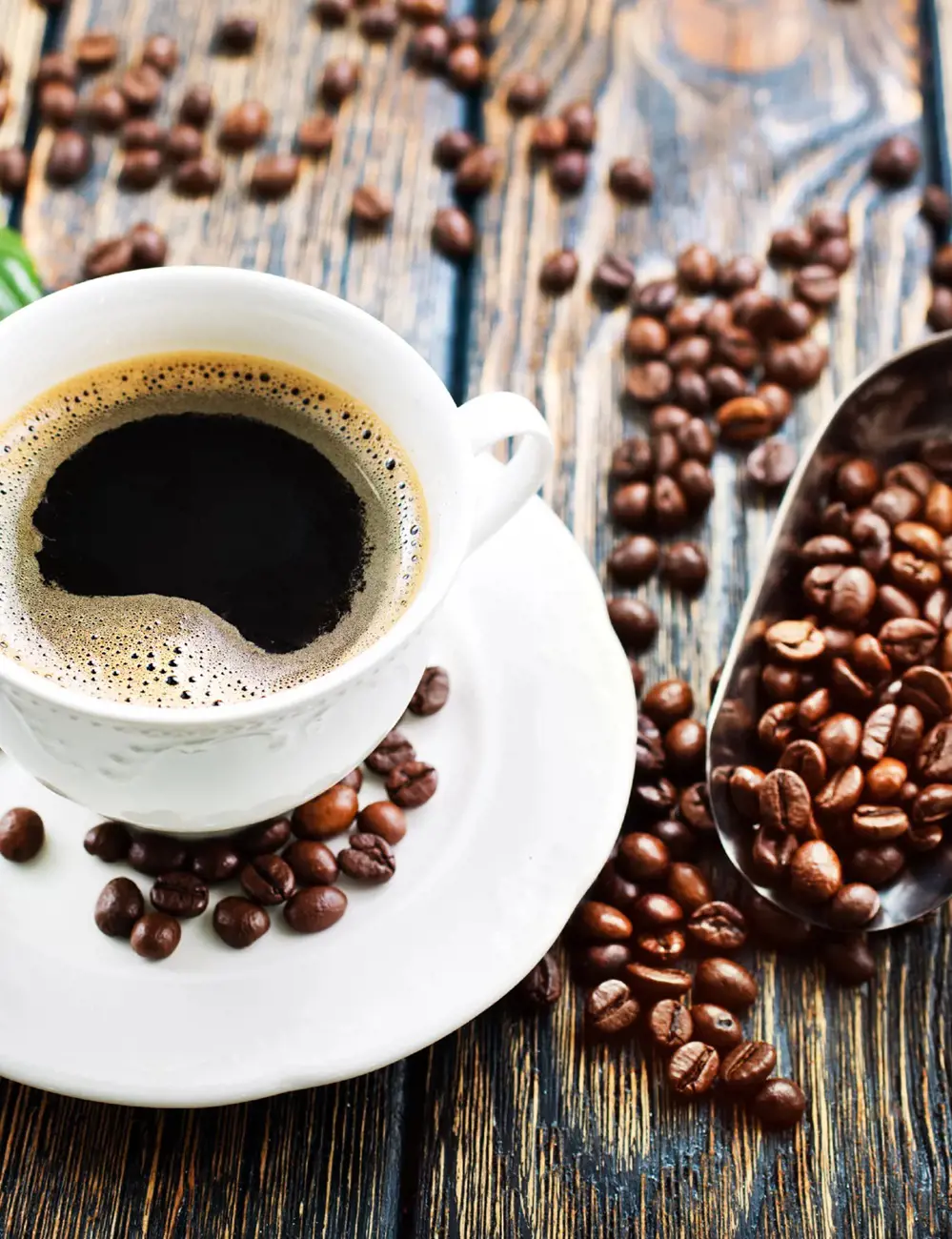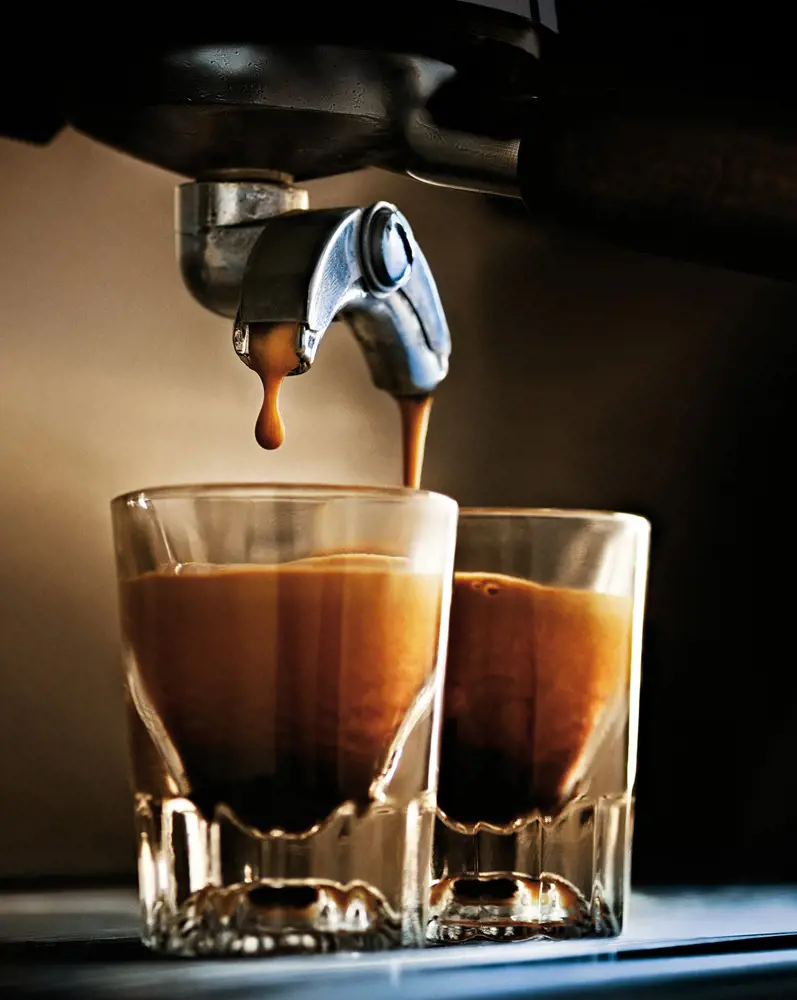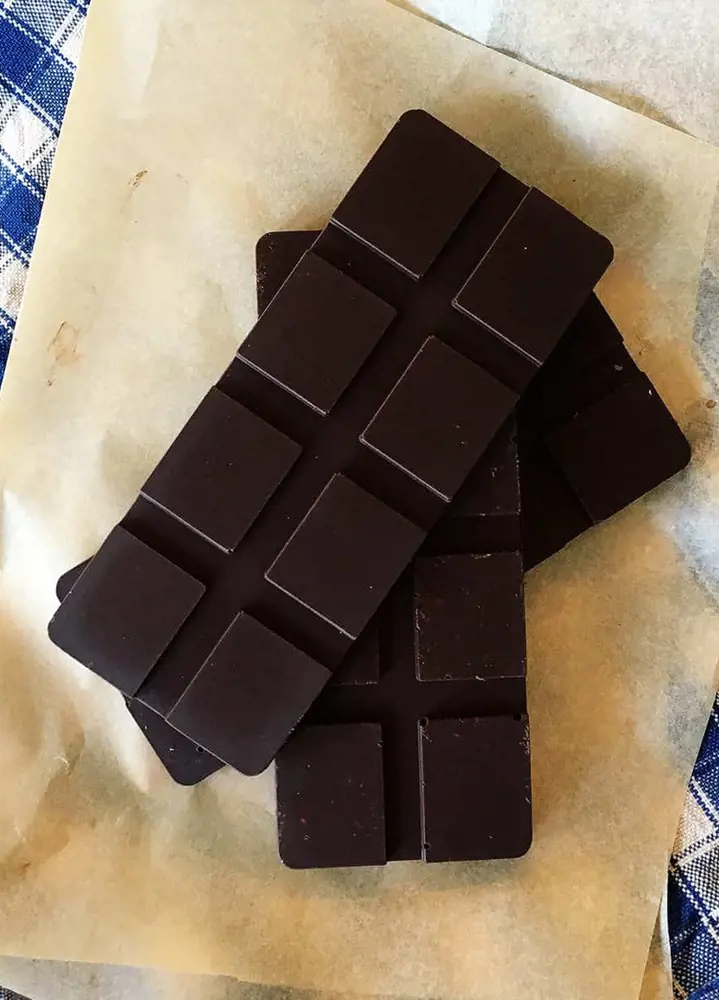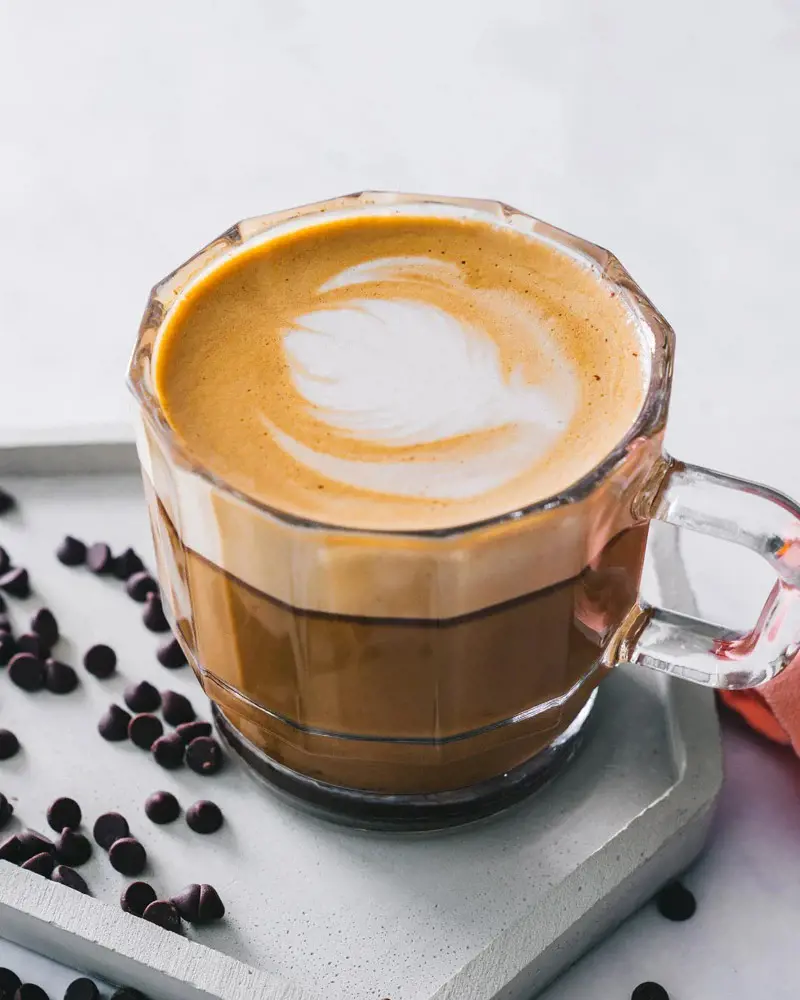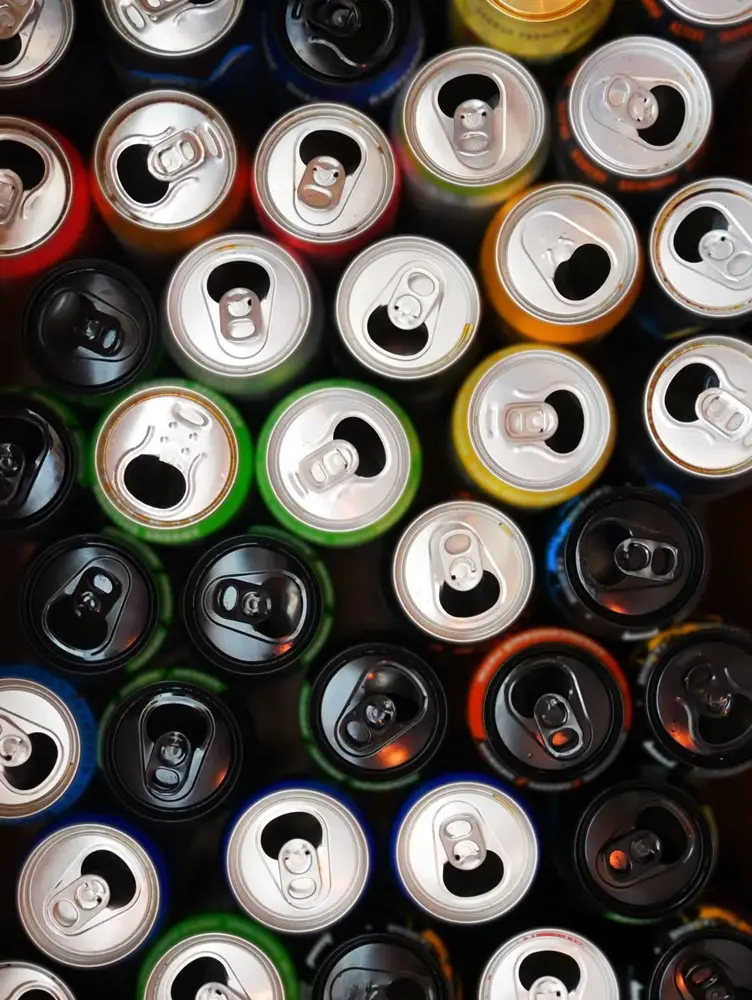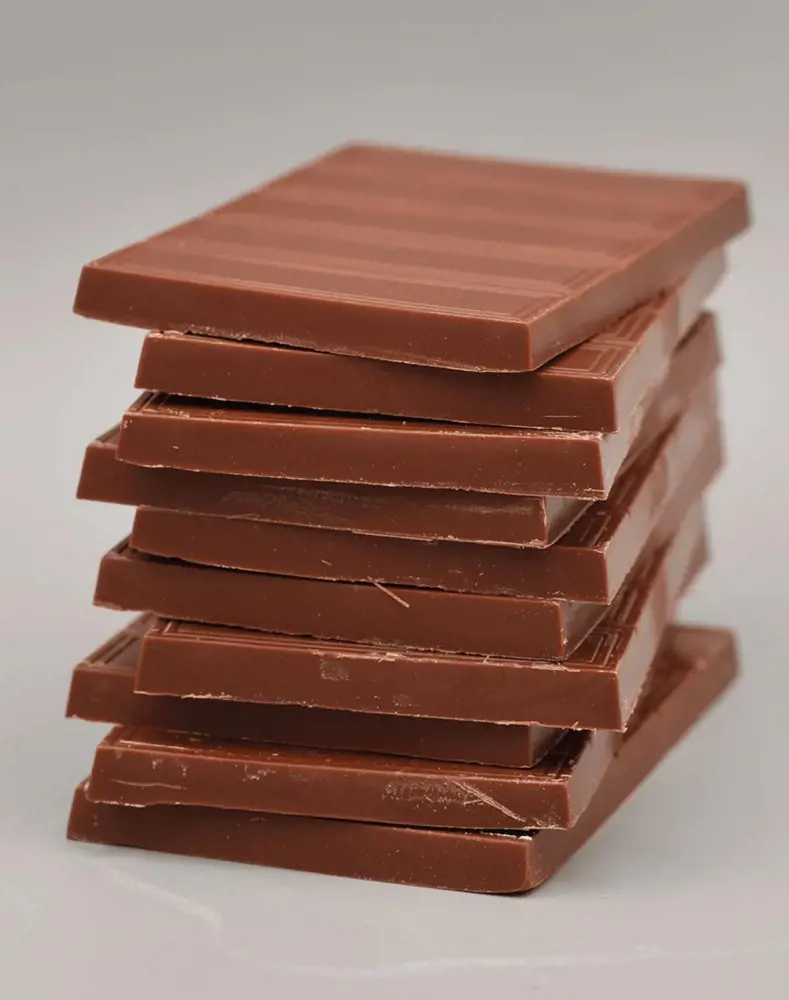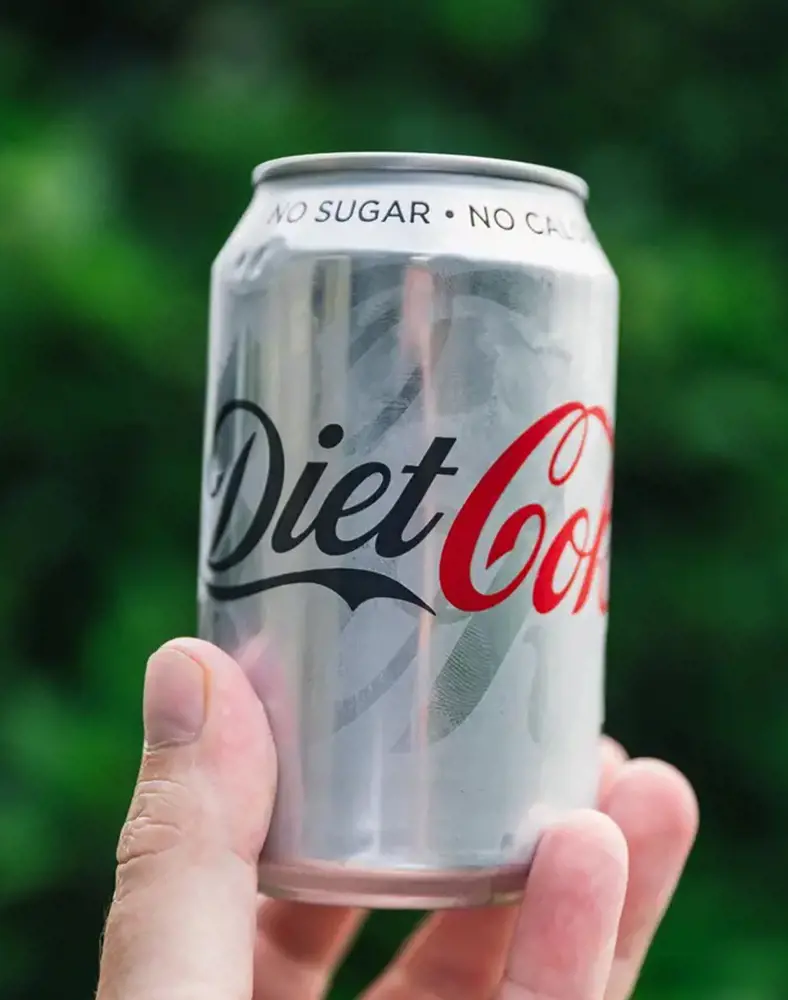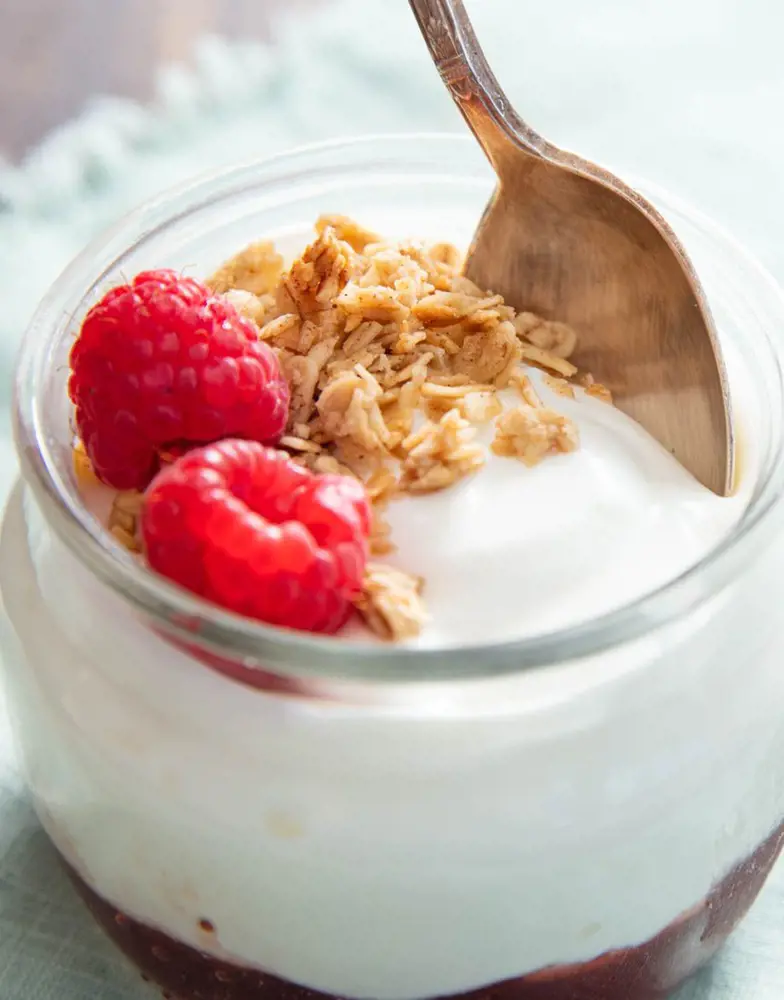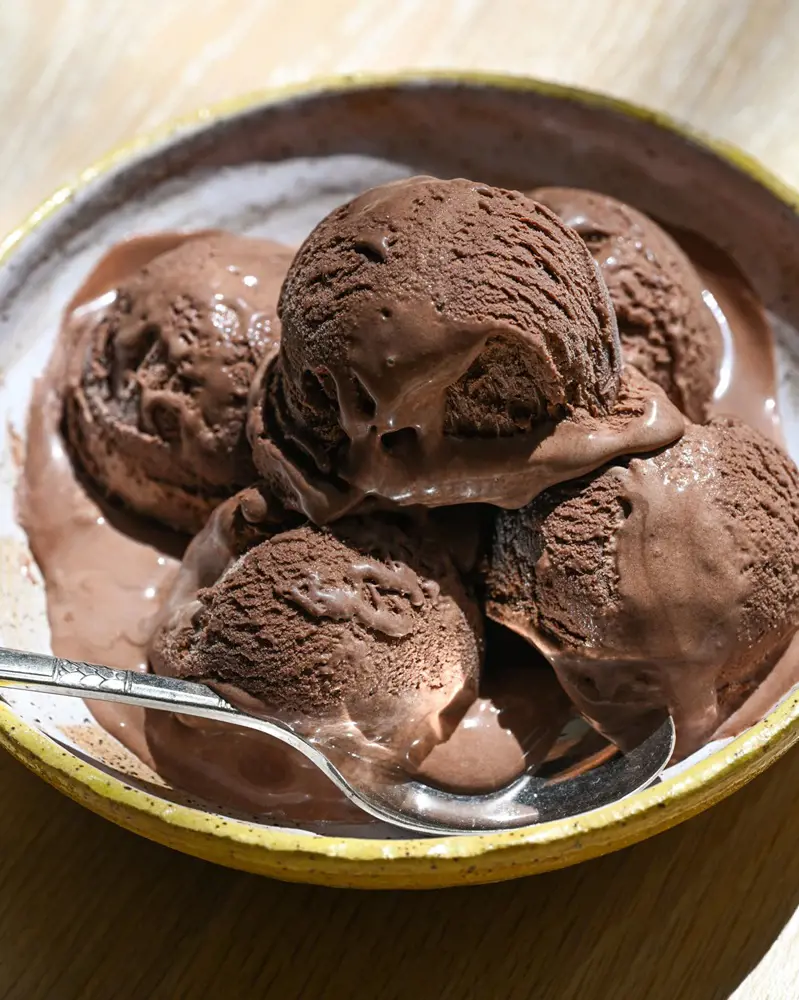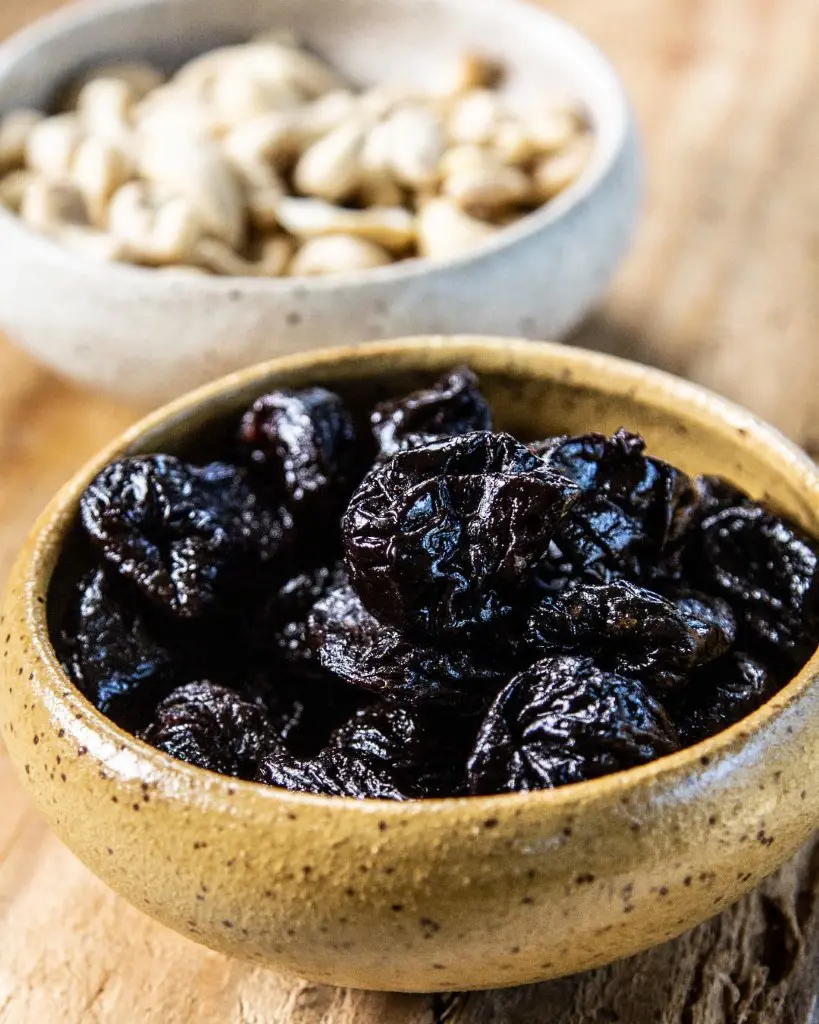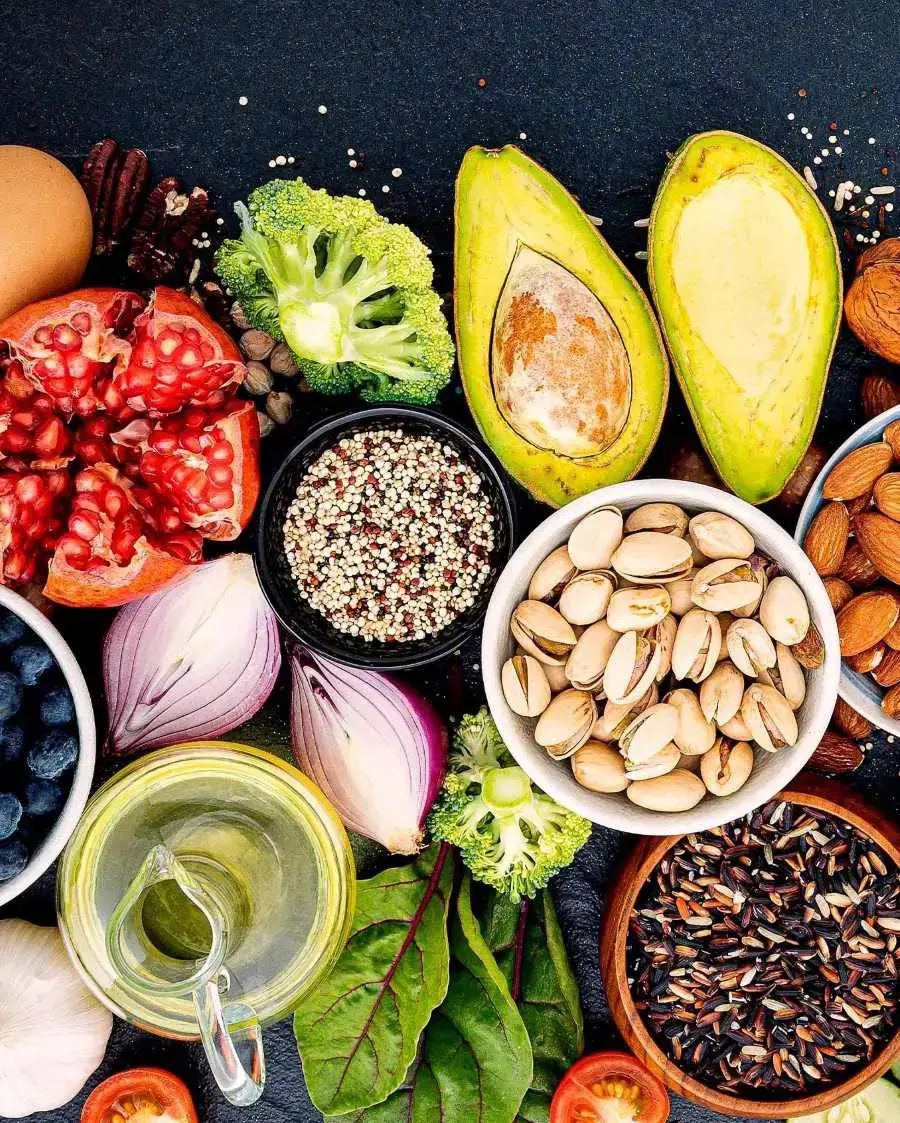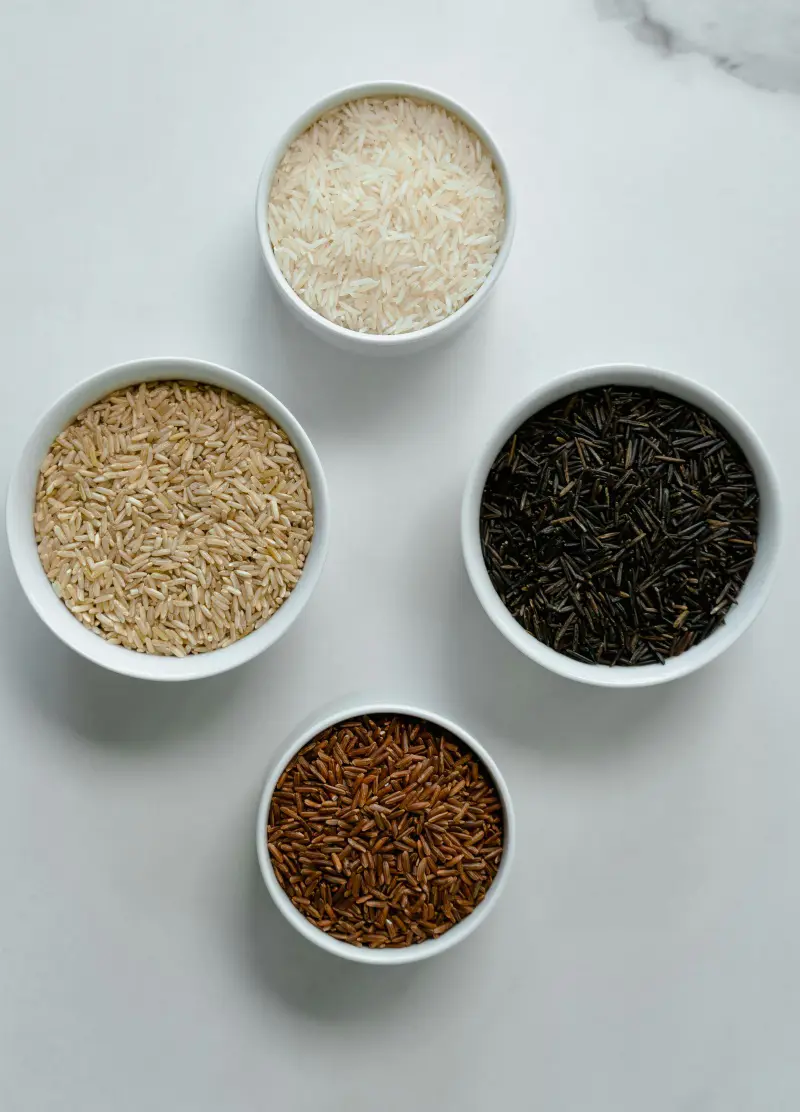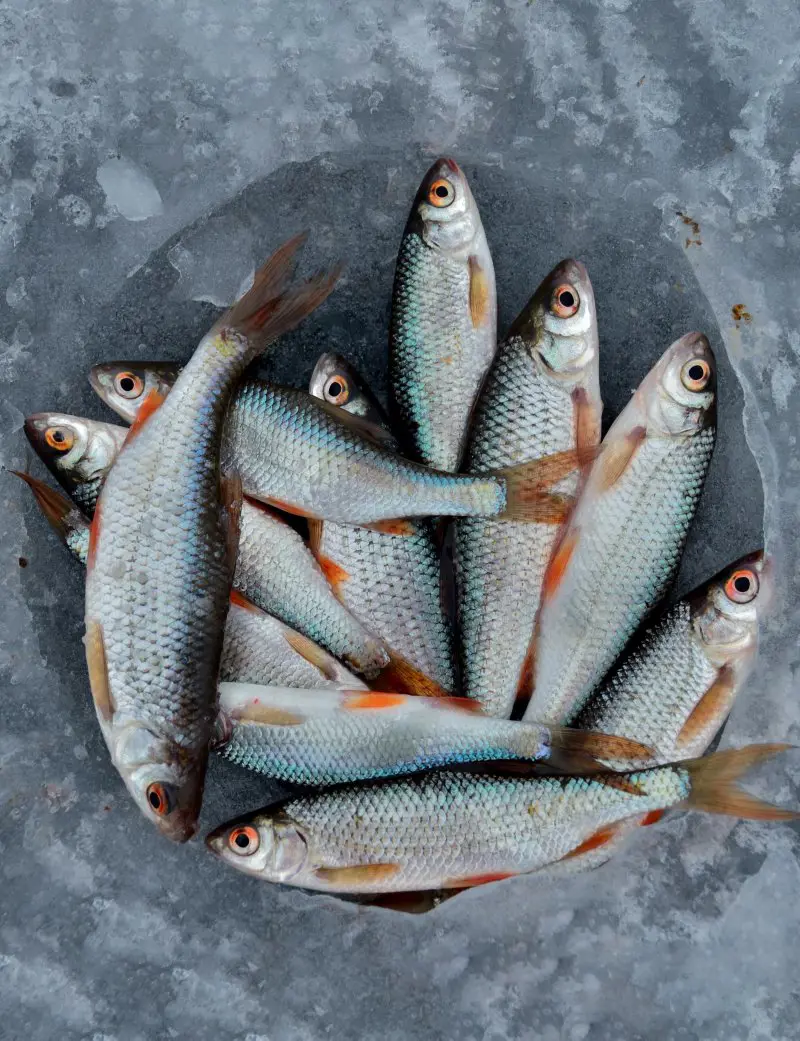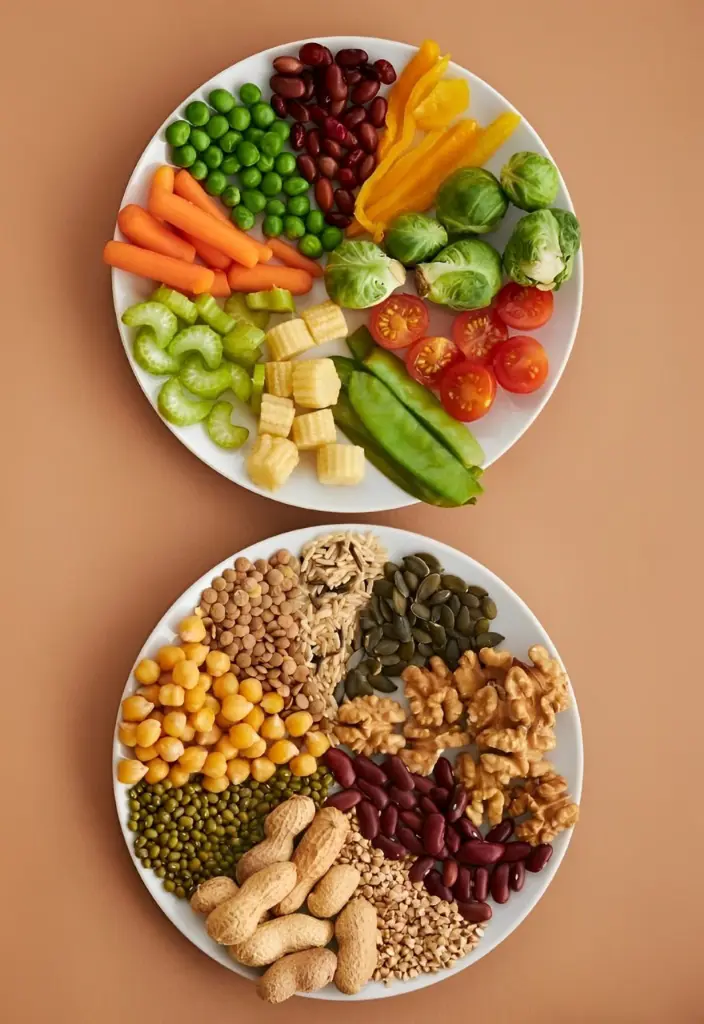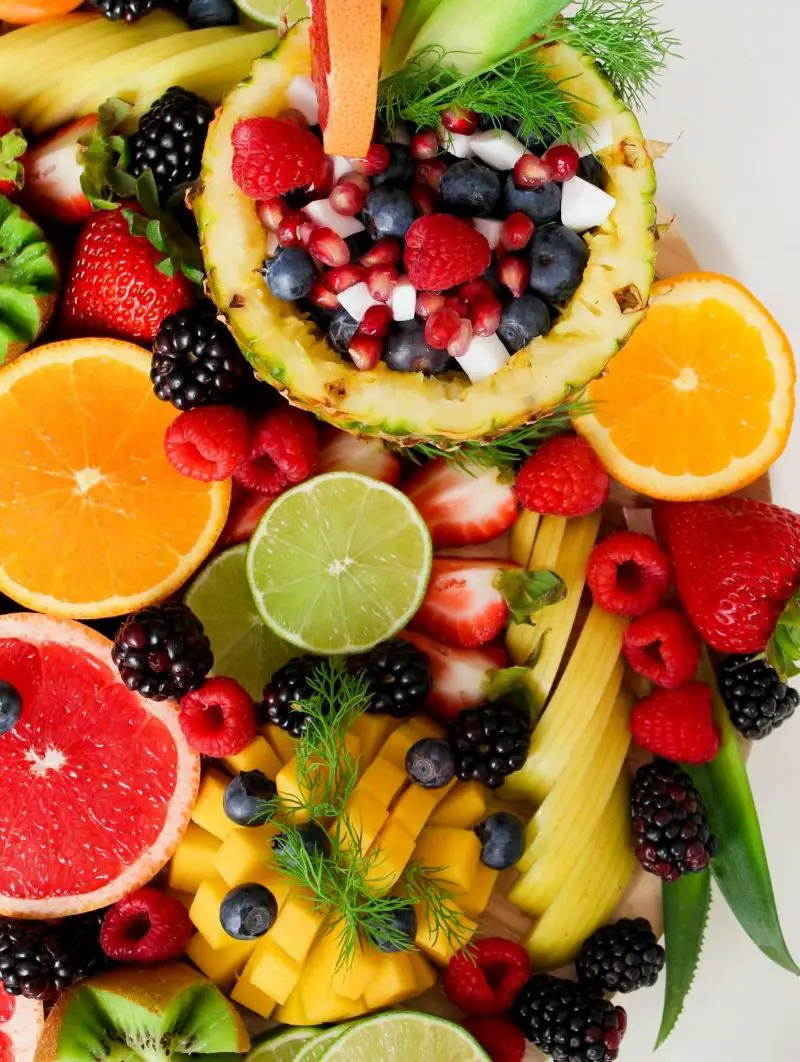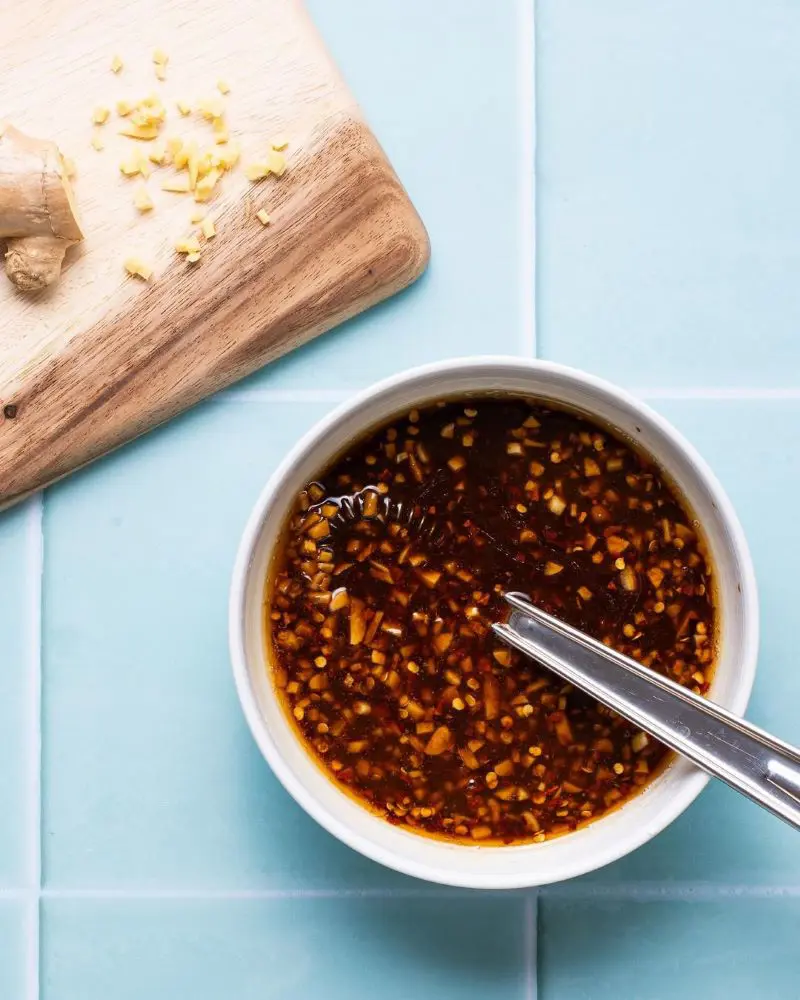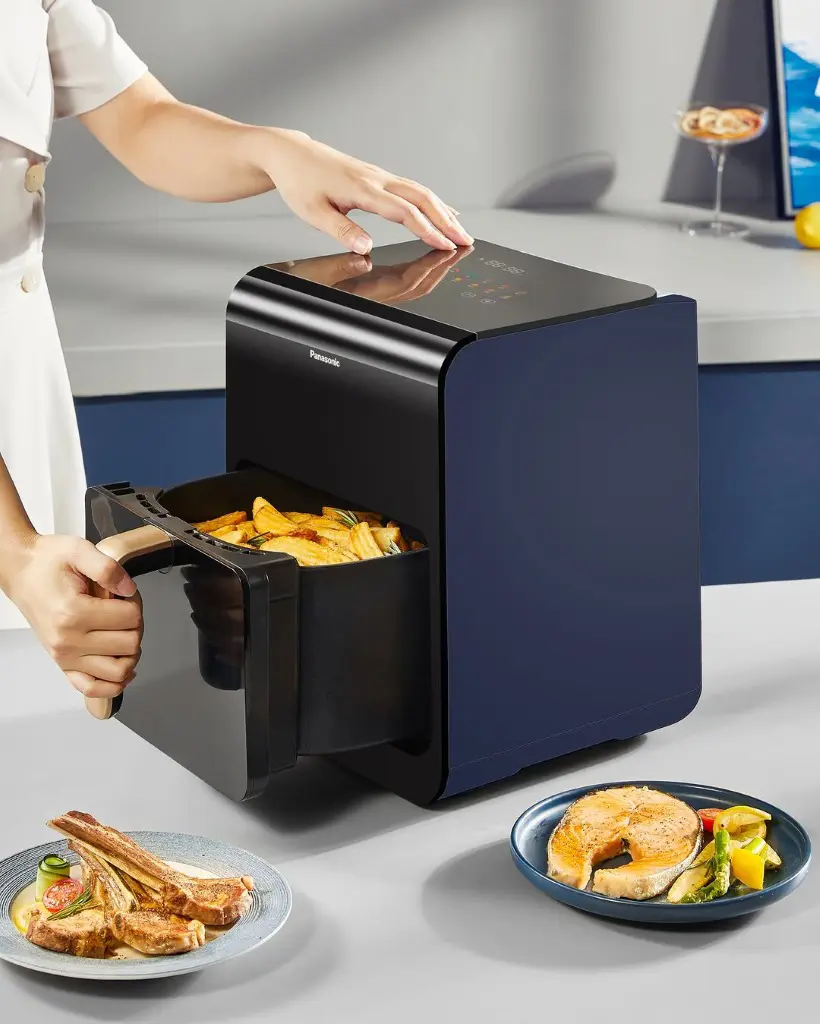1. Coca Powder (Up To 230mg Per 100g)
Cocoa powder is a commonly consumed food that contains caffeine. It is derived from the cacao bean and is widely used in baking and cooking.
Cocoa powder contains a considerable amount of caffeine, which provides a stimulating effect. This natural stimulant can help improve focus and alertness.
The caffeine content in cocoa powder is more as compared to other sources such as coffee or energy drinks. Additionally, it contributes to the overall caffeine intake in our diet.
